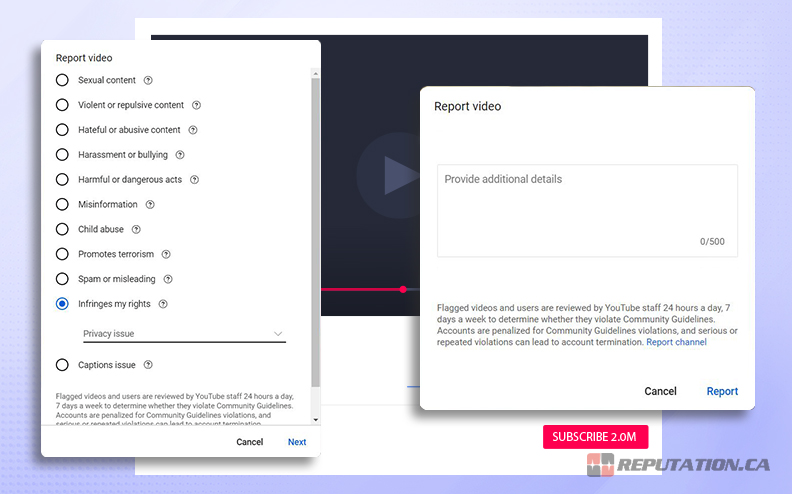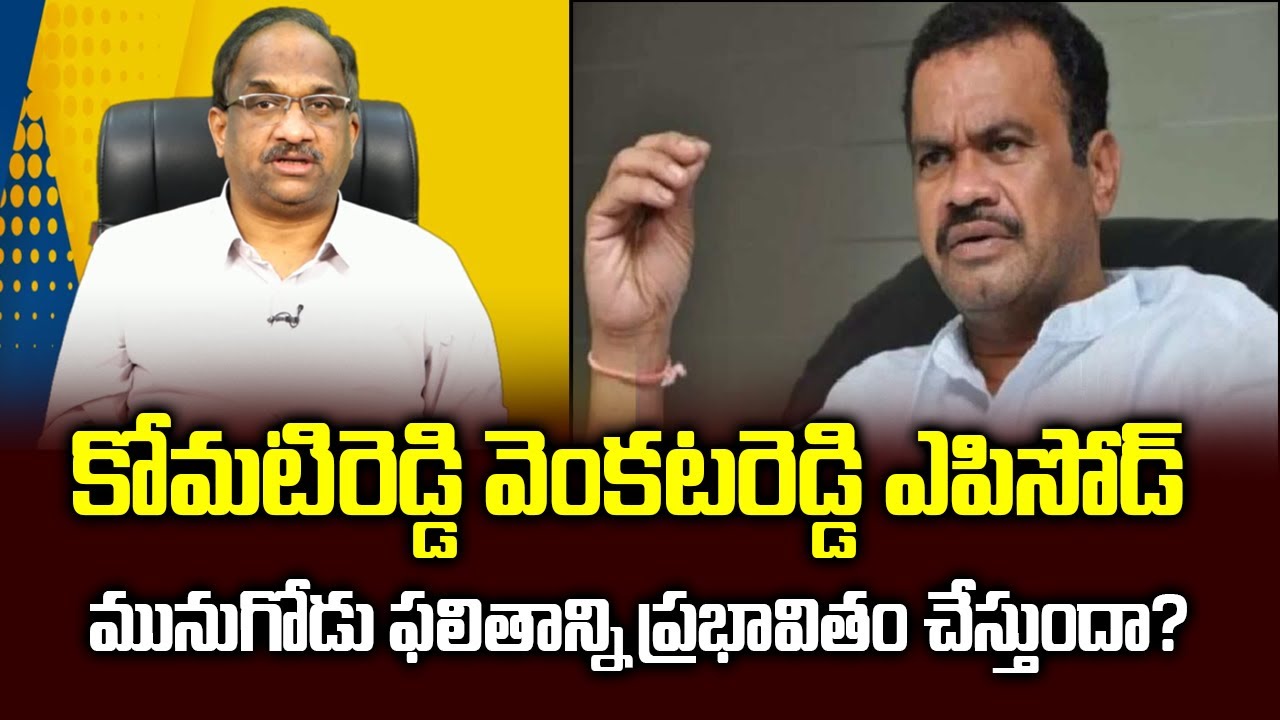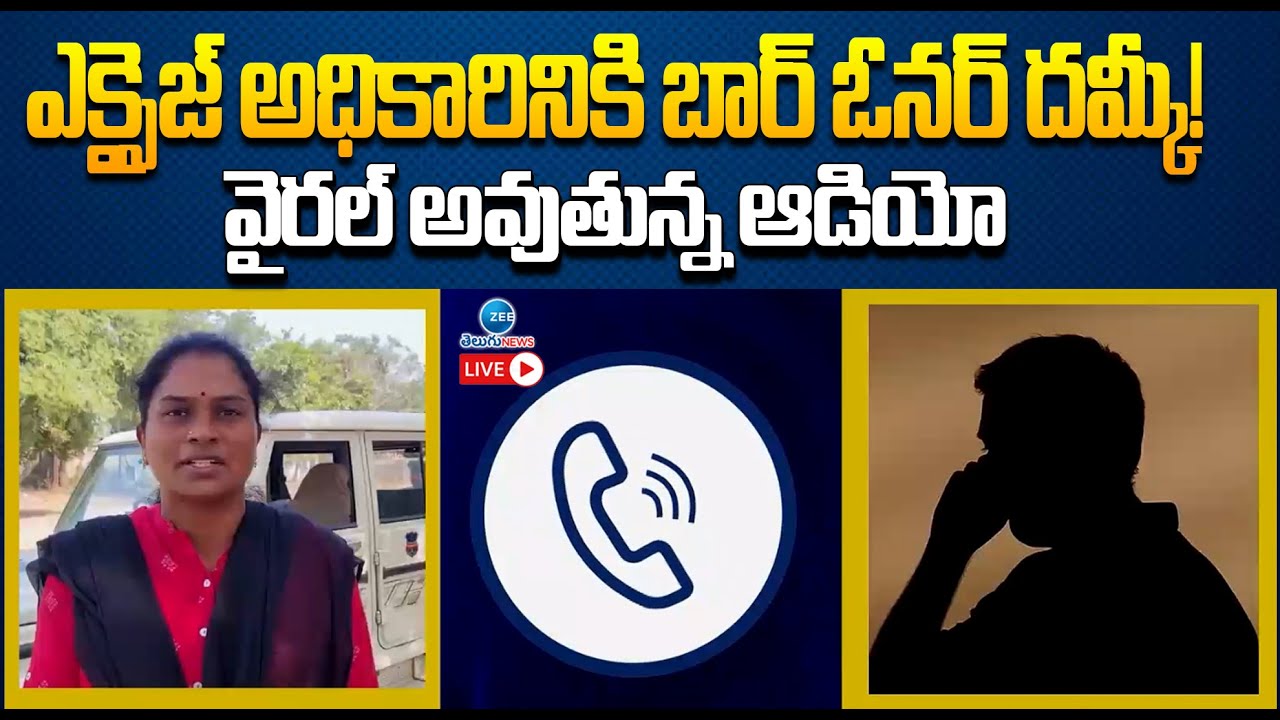In today's digital age, sharing content online has become second nature, but sometimes, things don’t go as planned. If you've found yourself in the unfortunate situation of your voice being leaked on YouTube, it can be both disheartening and alarming. Whether it was an intentional broadcast or an accidental slip-up, it’s essential to know how to handle the situation. This guide will provide insights into the steps you can take and the risks involved in voice leaks, helping you navigate the tricky waters of online privacy.
Understanding the Risks of Voice Leaks

So, what exactly are the risks associated with voice leaks on platforms like YouTube? Leaks can lead to various consequences, both personal and professional, and it’s crucial to grasp the breadth of these dangers:
- Privacy Invasion: One of the most significant risks is the breach of your privacy. Your voice can be easily associated with your identity, allowing people to infiltrate your personal space.
- Reputation Damage: If the leaked content is embarrassing or controversial, it could tarnish your reputation, particularly if you're a public figure or influencer.
- Misinterpretation: Audiences might misinterpret your tone or statements, distorting your intended message and leading to misunderstandings.
- Impact on Career: For professionals who rely on their voice—think podcasters, singers, or voice actors—leaks can jeopardize contracts or partnerships.
- Harassment: Unfortunately, voice leaks can sometimes lead to unwanted attention or harassment online, which can be both frightening and distressing.
In summary, the risks of voice leaks on YouTube are multifaceted and can have serious implications. Understanding these risks is the first step in addressing any unfortunate situation and safeguarding your online presence in the future.
Immediate Steps to Take After a Leak

Discovering that your voice has been leaked on YouTube can be unsettling and even distressing. Here’s a quick checklist of immediate actions you can take to address the situation:
- Assess the Situation: Review the content of the leak. Is it an unauthorized recording, or did it get uploaded accidentally? Understanding the context will help you determine your next steps.
- Document Everything: Take screenshots of the video, note the uploader's information, and document any comments that might be relevant. This information will be crucial if you need to take further action.
- Contact YouTube: Use the YouTube copyright claim process to report the video. You can submit a DMCA (Digital Millennium Copyright Act) takedown notice if the content violates your rights.
- Reach Out to the Uploader: If you feel comfortable, consider contacting the person who uploaded your voice. A polite request for them to remove the video can sometimes resolve the issue quickly.
- Inform Your Network: Let your friends, family, or colleagues know about the situation. This helps manage the rumor mill and provides you with a support system.
- Consider Legal Action: If the leak significantly damages your reputation or career, it might be worth consulting a legal professional specializing in media law.
Taking these immediate steps can help minimize the damage and regain control over your voice and image.
Long-term Strategies for Protecting Your Voice

Once the dust settles, it’s essential to implement long-term strategies to protect your voice and prevent future leaks. Here are some effective methods:
- Limit Sharing: Be mindful of who you share your recordings with. Only share your voice content with trusted individuals or platforms.
- Use Watermarks: Consider adding watermarks or audio signatures to your recordings. This makes it harder for unauthorized users to claim your content as their own.
- Set Up Privacy Controls: If you’re using platforms like YouTube, familiarize yourself with privacy settings. Adjust them to restrict who can view or comment on your videos.
- Educate Yourself on Copyright Laws: Knowing your rights can empower you when faced with similar situations in the future. Stay informed about the legal protections available to you as a content creator.
- Engage with Your Audience: Building a loyal following can create a community that respects your work. Encourage your audience to report any unauthorized use of your content.
- Regularly Monitor Your Content: Use tools and alerts to keep an eye on your name or voice online. Tools like Google Alerts can help you catch any unauthorized use early on.
By implementing these long-term strategies, you’re not just protecting your voice; you’re investing in your peace of mind and future as a content creator.
5. Legal Options for Addressing Voice Leaks
If you find yourself on the unfortunate end of a voice leak on YouTube, it’s completely natural to feel overwhelmed and concerned about your privacy. Fortunately, there are several legal avenues you can explore to address the situation.
First and foremost, it’s important to understand that voice leaks may violate your rights, especially if the content was shared without your consent. Here are some legal options you might consider:
- Contact YouTube: YouTube has policies in place to protect user privacy. You can file a complaint through their support channels, explaining that your voice has been used without permission. They might remove the video if it violates their community guidelines.
- DMCA Takedown: If the audio was recorded from your property or in a private context, you can file a DMCA takedown notice. This is a legal request for YouTube to remove material that infringes on your copyright.
- Legal Counsel: Consulting with a lawyer who specializes in media law can provide more personalized advice. They can determine if you have grounds for a lawsuit based on defamation or invasion of privacy.
- File a Report: Depending on the severity of the leak, you may want to consider filing a report with your local authorities, especially if you feel threatened or unsafe.
Ultimately, the best course of action depends on the specifics of your situation. It’s important to act quickly and thoughtfully to protect your rights.
6. Tips for Enhancing Your Online Privacy
In an age where digital privacy is more important than ever, taking steps to protect your online presence is crucial. Here are some effective tips to enhance your online privacy and minimize the risks of future leaks:
- Use Strong Passwords: Ensure your accounts are secured with strong, unique passwords. Consider using a password manager to keep track of them.
- Enable Two-Factor Authentication: Whenever possible, turn on two-factor authentication (2FA). This adds an extra layer of security to your accounts, making it harder for unauthorized users to gain access.
- Be Cautious with Personal Information: Think twice before sharing personal information online. Limit the details you post on social media and avoid sharing sensitive content in public forums.
- Utilize Privacy Settings: Familiarize yourself with the privacy settings on platforms you use, including YouTube. Adjust these settings to control who can see your content and information.
- Regularly Audit Your Accounts: Periodically review your online accounts and permissions. Remove any apps or services you no longer use or recognize.
By implementing these practices, you can significantly enhance your online privacy and protect yourself from unwanted exposure in the future. Your voice is uniquely yours—make sure it stays that way!
What to Do If Your Voice is Leaked on YouTube
In an age where privacy is often compromised, finding your voice leaked on YouTube can be both distressing and confusing. If you discover that your personal audio recordings or conversations have been shared without your consent, it's crucial to take immediate action. Here’s a step-by-step guide to help you manage this situation effectively.
1. Assess the Situation
The first step is to determine the extent of the leak:
- Is it a private conversation?
- How many views does the video have?
- Are there comments or reactions that could further compromise your privacy?
2. Document Evidence
Before taking any action, document the evidence:
- Take screenshots of the video and any relevant comments.
- Note the URL and the date of discovery.
- Save any audio files if possible.
3. Contact the Uploader
If you feel comfortable, reach out to the uploader directly:
- Politely request they remove the video.
- Explain the implications of sharing your private content.
4. Report the Video
If the uploader refuses to remove the content:
- Go to YouTube’s Help Center and report the video.
- Follow the steps for privacy violation or harassment.
5. Seek Legal Advice
If the situation escalates or you feel threatened, it may be time to consult with a legal professional:
- Discuss your rights regarding privacy and defamation.
- They can guide you through potential legal actions and consequences of the leak.
Ultimately, maintaining your privacy is essential, and taking the above steps can help you regain control and minimize the impact of a leaked voice.
Conclusion: Addressing a voice leak on YouTube requires prompt action, clear documentation, and, when necessary, legal support, ensuring your privacy is restored as swiftly and effectively as possible.
 admin
admin








